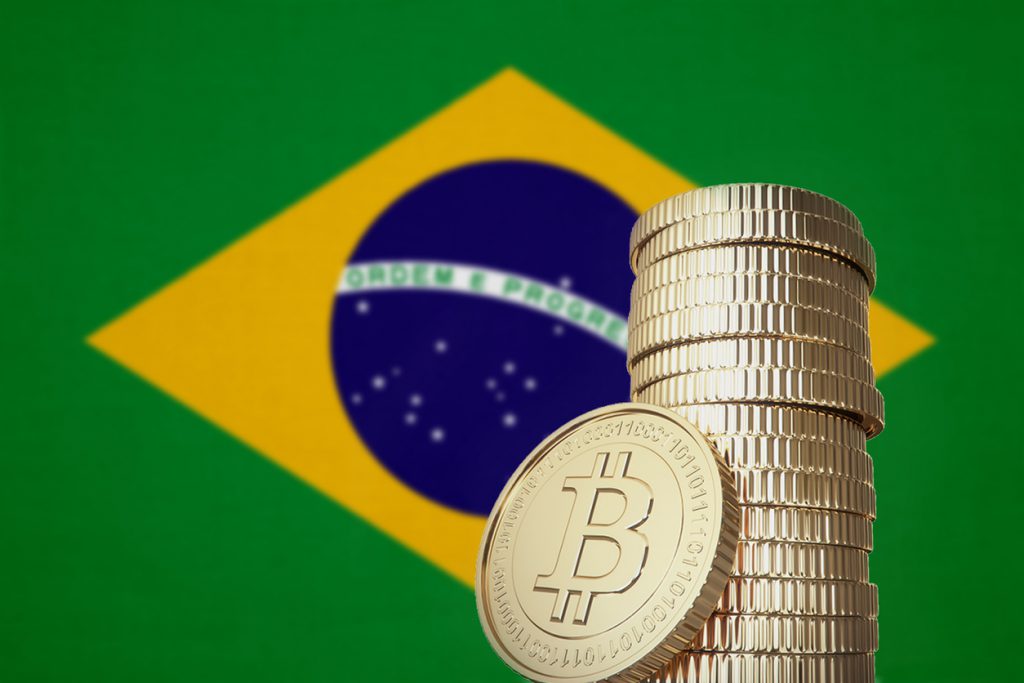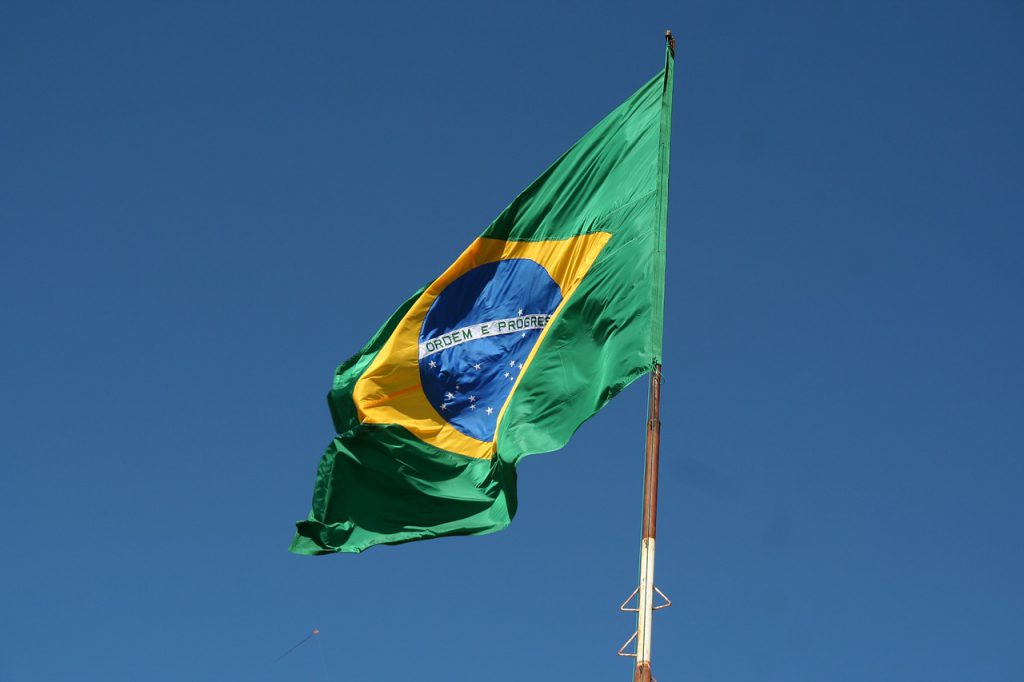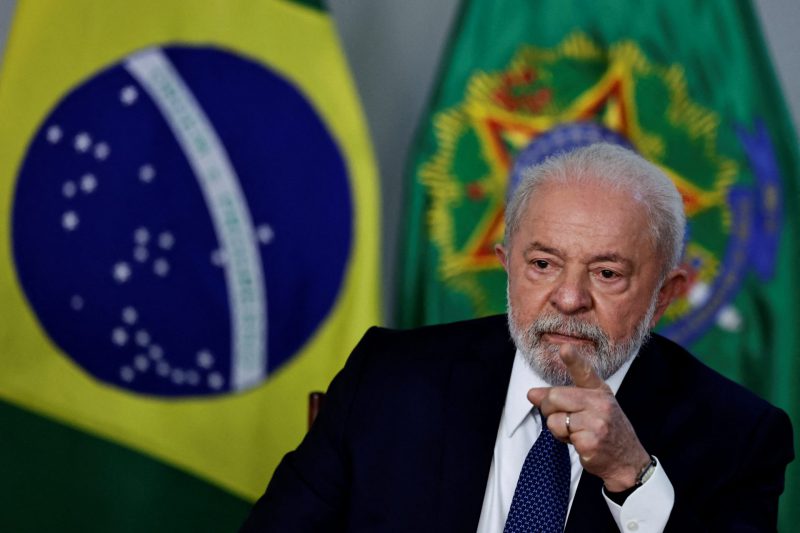There has been no country more outspoken about de-dollarizing than Brazil. Subsequently, amid the growing presence of BRICS Pay and the digital yuan’s success within international trade, recent data shows that Brazil could be set to embrace a digital finance future.
Specifically, the country’s Special Department of Federal Revenue, Receita Federal, reported a surge in stablecoin usage in the county. In particular, citizens have increased the use of the Tether-issued USDT token, with trading volume exceeding all other cryptos combined. Although pegged to the US dollar, it presents a clear opportunity for Brazil to onboard the growing alliance trend of digital finance development.


Also Read: Brazil Central Bank Set to Introduce Stricter Crypto Regulation
Brazil to Follow the BRICS Lead and Embrace Digital Finance?
The BRICS economic alliance has consistently called for the de-dollarization of global economics. Moreover, Brazil has been the most outspoken in its desire for change. Indeed, the country’s president has been vocal about his desire to create or embrace an alternate currency outside of the US dollar. Now, that could be coming to fruition.
Amid the arrival of BRICS Pay and the digital yuan, Brazil may be set to embrace a digital finance future. Specifically, Brazil’s Special Department of Federal Revenue reported a massive increase in stablecoin usage within the country. Subsequently, it showcases the potential hunger for digital asset usage among the country’s citizens.


Also Read: Crypto May Become Part of Personal Savings Category in Brazil
Stablecoins are still pegged to the US dollar, so it doesn’t necessarily propel the bloc’s de-dollarization efforts. Yet, it presents a clear willingness from its people to shift that acceptance to a BRICS-issued digital asset. Could that be the digital Yuan? Could it be an alternative created through BRICs Pay? Either option is before the bloc, but the key is the willingness of these nations to accept it.
The development of blockchain technology could be key to those long-held multipolar hopes. Moreover, the widespread acceptance of that technology across the collective could fast-track de-dollarization initiatives. Brazil could represent the latest adherer to a growing trend across the alliance. One that could be massively important to its consistent hope for global financial independence from Western influence.





